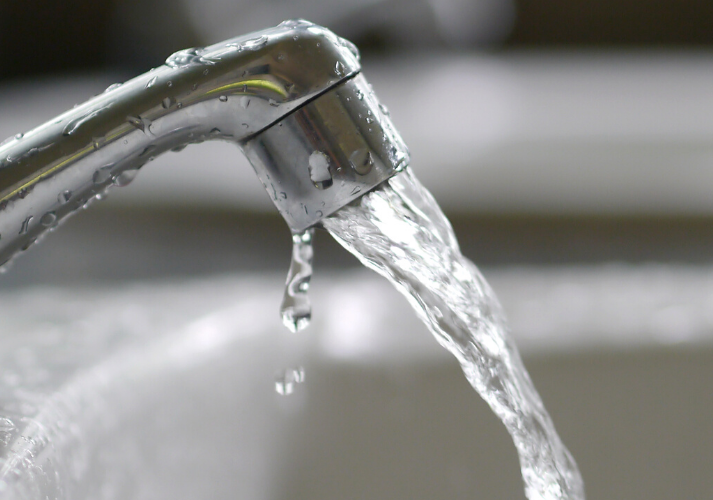According to the Environmental Protection Agency (EPA), the average U.S. family of four wastes 180 gallons of water a week from household leaks, or 9,400 gallons per year. For some perspective, that’s enough water to fill a 20-foot round swimming pool that’s four feet deep.
Water conservation is important for two big reasons — to save money on your water bill and reduce demand on national and global water supplies, which are currently under threat from climate change, pollution and overpopulation. Cutting water usage and waste in one household may seem like a proverbial drop in the ocean, but every little bit helps.
Let’s look at ways you can conserve water and help put a dent in your water bill, from reducing daily consumption to making small repairs and adjustments.

Everyday Ways to Conserve Water
Water wastage doesn’t just come from leaks, drips and errant sprinklers. Here are some everyday ways to conserve water that can have a big impact:
- Shut it off. Turn off the faucet while brushing teeth or shaving, and turn off the shower head while you’re soaping up.
Trick your toilet. Place a plastic bottle filled with water (and small rocks so it doesn’t float) or sand in your toilet tank, away from the flushing mechanism. You’ll consume less water with every flush, and could save as much as five gallons of water per day per toilet. Note: Don’t put a brick in the toilet tank — it will deteriorate over time, clog plumbing and mess up the flushing mechanism. Better yet, install a partial flush valve, which will allow you to use less water when you’re flushing liquid waste. - Fill it up: Tempting as it may be to run the dishwasher when it’s not full, wait until it’s fully loaded. The same goes for washing machines.

- Cover the pool. According to Energy.gov, covering an outdoor swimming pool while it’s not in use may save up to 50 percent of the water added to make up for evaporation. Covering a pool in the evening and when it’s not being used also conserves accumulated heat and minimizes dirt and debris in the water.
- Water the lawn in the early morning. In the heat of the day, too much water evaporates before it soaks in. Experts say it’s best to water in the early morning hours so more of it can be absorbed. Better yet, consider installing a smart sprinkler system, which can save thousands of gallons of water per year.
Home Repairs for Water Conservation
Multiple factors lead to water waste. Household leaks are one. Issues consumers ignore or aren’t aware of may also contribute. Here are some simple repairs and adjustments that can reduce water waste:
Fix leaky faucets and toilets. “Small household leaks can result in gallons of water lost per day,” says bluefrog Plumbing + Drain president Mike Mushinski. And according to The Water Scrooge, even a slow-running toilet can waste 30 gallons of water a day. A slowly leaking faucet, losing just three drips per minute, results in 104 gallons of water wasted in a year! So take the time to fix those drippy faucets and running toilets on your own, or call a pro.

Adjust wasteful sprinklers. Even been infuriated at the neighbors for running their lawn sprinkler in the middle of the day, saturating much of the street along with their lawn? Don’t be that wasteful neighbor. The EPA says 30 percent of household water use goes toward outdoor watering, so make yours count. Watch where the sprinkler water is going and make adjustments as needed, even if that means getting wet! Mushinksi says spring is a fine time to have a professional check anti-siphon devices, such as vacuum breakers on your hose bibs, and double-check valves on your irrigation system to make sure they’re functioning properly.

Check for hidden leaks. An unusually high water bill may be your first clue there’s a leak somewhere. But if all the faucets and toilets are in good shape, how can you tell? Turn off all the water-consuming appliances in the house, then check your water meter. If you see a spinning dial, you have a leak somewhere. You can also read the meter before leaving the house. When you return, if the meter has gone up, it’s time to call a plumber. Mushinski also recommends a periodic general plumbing inspection. “This helps ensure your plumbing system is in good working condition,” he says, “and will alert you to any potential issues that need to be addressed.”
source: familyhandyman







